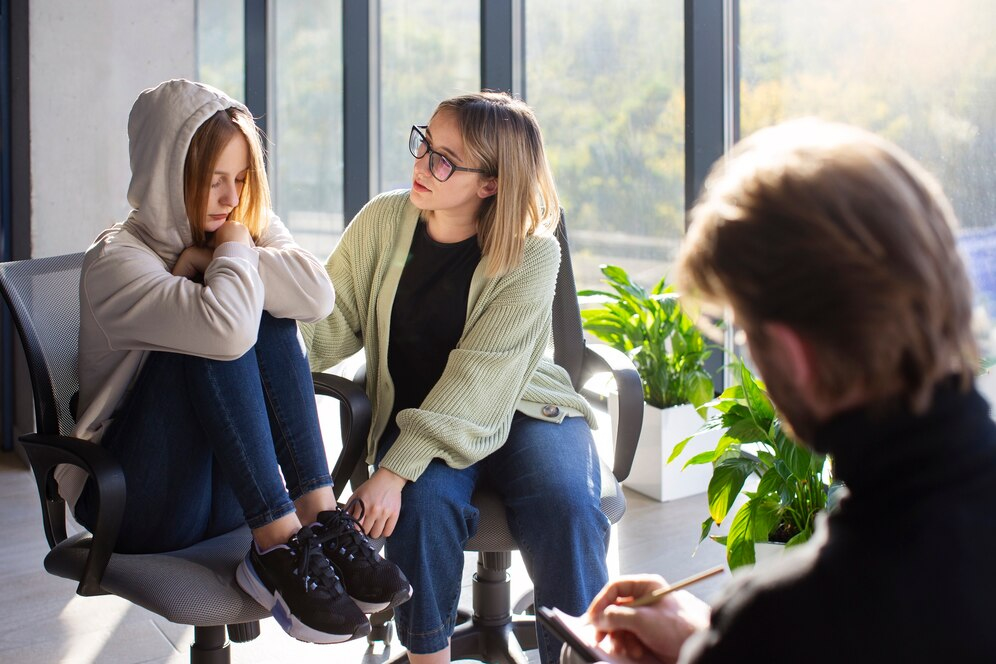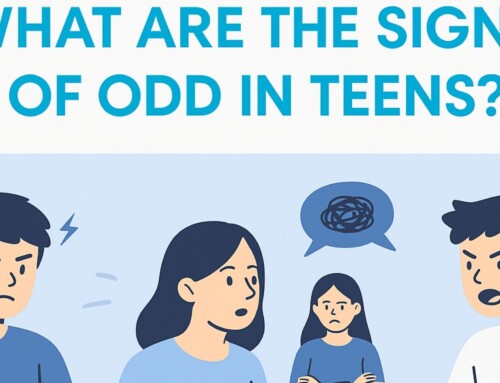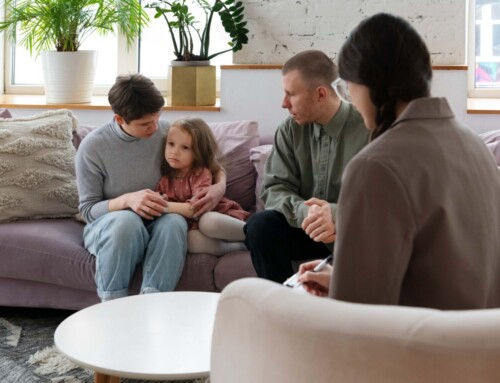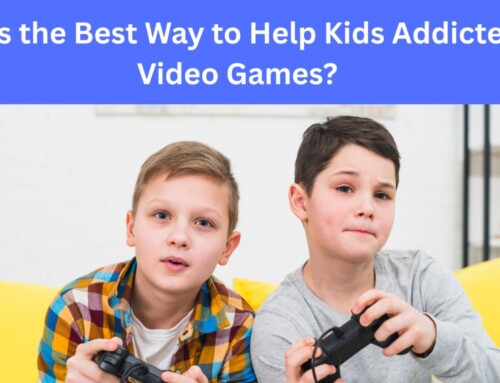Winter Garden Shots Fired: Trauma Recovery Techniques
May 31st, 2025 the recent domestic dispute between a married couple off Plant Street in downtown Winter Garden, Fla., where gunshots were reported outside downtown Winter Garden City Hall during a domestic dispute on Saturday evening, involved the Winter Garden Police Department and has understandably left the community shaken. Despite the fortunate absence of physical injuries, when families were enjoying a Saturday night in downtown Winter Garden and gun shots were heard near City Hall, and an active shooter warnings spread through downtown Winter Garden people were running throught the streets to the their cars to flee the scene in panic running for their lives. Events like these can have a lasting psychological impact on those directly and indirectly involved. The aftermath of gun violence highlights the significance of understanding trauma recovery and providing support to individuals affected by such incidents.
In situations involving gun violence, the aftermath can leave deep emotional scars even if there are no physical casualties. It is imperative for communities to unite and offer resources for mental health support and counseling to assist individuals in processing the trauma they may have endured. Moreover, tackling the underlying causes of such incidents through community outreach programs and conflict resolution endeavors can be instrumental in averting future tragedies and fostering a sense of healing within the community.
Preventive measures are equally crucial in addressing gun violence. Enhancing security measures in vulnerable areas, and promoting education on conflict resolution and mental health awareness are key steps toward reducing the likelihood of such incidents occurring. Collaborative efforts between law enforcement agencies, mental health professionals, community leaders, and policymakers are essential in creating a safer environment for all members of society.
By coming together as a collective force to address the multifaceted aspects of gun violence, communities can work towards creating a safer and more resilient society for everyone.
Understanding trauma recovery involves recognizing the diverse ways in which individuals may respond to traumatic events and offering tailored support to meet their needs. This can include access to therapy, group support sessions, mindfulness practices, and other coping mechanisms aimed at promoting resilience and healing. By fostering a supportive environment and prioritizing mental health care following traumatic events, communities can work towards rebuilding a sense of safety and security for all residents affected by such incidents.
The Psychological Impact of Gunshot Violence – Winter Garden shots fired
Gun violence has a profound impact not only on its immediate victims but also on witnesses and the broader community. The emotional and behavioral responses to such traumatic events can be overwhelming and long-lasting. Survivors and community members often experience a range of emotions, including fear, helplessness, shock, and anxiety. They may also struggle with intrusive thoughts related to the incident.
In addition to these emotional responses, individuals affected by gun violence may exhibit behavioral changes as they cope with the aftermath. These changes can include isolating themselves from others, avoiding reminders of the event, and losing interest in activities they once enjoyed. Such behaviors are common ways for individuals to try to manage their distress in the wake of a traumatic experience.
It’s important to note that the effects of gun violence are not limited to those who were physically harmed during the incident. Even individuals who were not directly injured can develop symptoms that are consistent with post-traumatic stress disorder (PTSD). These symptoms may manifest as nightmares, mood swings, and hyper-vigilance, impacting their daily lives and overall well-being.
Addressing the psychological impact of gun violence is crucial for supporting survivors and communities in healing from these traumas. Providing access to mental health resources, counseling services, and support groups can help individuals navigate their emotions and experiences in a healthy way. Additionally, creating safe spaces for open dialogue about the effects of gun violence can promote understanding, empathy, and resilience within affected communities.
Orlando Trauma Recovery After Community Gun Violence for Domestic Incidents
Domestic violence incidents involving firearms are particularly traumatic, as they combine the fear and unpredictability of gun violence with the betrayal and complexity of intimate relationships. Survivors of domestic violence-related gun incidents may develop PTSD, experiencing flashbacks, sleep disturbances, and difficulty trusting others. The psychological scars can persist long after the event, affecting daily functioning and relationships.
Pathways to Healing in the Wake of Crisis for Winter Garden Florida Residents
Recovery from trauma is possible, though it is often a gradual and non-linear process. Key elements in trauma recovery include:
•Seeking Support: Talking with trusted friends, family, or professionals can help process emotions and reduce isolation.
•Professional Help: Evidence-based therapies—such as cognitive-behavioral therapy (CBT), trauma-focused CBT, and eye movement desensitization and reprocessing (EMDR)—can be highly effective in treating trauma and PTSD.
•Self-Care: Maintaining routines, engaging in physical activity, practicing mindfulness, and prioritizing sleep and nutrition support overall well-being.
•Community Connection: Shared activities, support groups, and community resilience initiatives foster a sense of belonging and collective healing.
•Avoiding Harmful Coping Mechanisms: Steering clear of substance abuse and not bottling up emotions are critical for healthy recovery.
Community Healing and Resilience
Communities impacted by gun violence face the daunting task of addressing both individual and collective trauma. Building resilient communities in such circumstances involves establishing robust internal support systems, maintaining transparent communication channels, and creating opportunities for communal healing. It is crucial to set up support networks, promote open dialogues, and ensure access to mental health services. The role of community leaders becomes paramount during these challenging times as they need to exemplify empathy, nurture unity, and lead the way in orchestrating recovery initiatives.
Moreover, fostering a sense of safety within the community is essential for healing and rebuilding trust among its members. Implementing preventive measures and advocating for stricter gun control laws can also help prevent future incidents of gun violence. By prioritizing mental health support and promoting unity within the community, individuals can begin to heal from the trauma inflicted by gun violence and work towards a safer and more resilient future.
Post-Traumatic Growth
While trauma is undeniably a deeply painful experience, it is important to note that many survivors eventually report positive changes in their lives as a result of their ordeal. These positive changes can manifest as increased self-reliance, a greater appreciation for life, and stronger relationships with others. In fact, recent studies have shown that nearly half of trauma survivors mention experiencing personal growth and newfound confidence after working through their traumatic experiences.
This phenomenon, known as post-traumatic growth, sheds light on the remarkable capacity of the human spirit for resilience and transformation in the face of adversity. It exemplifies how individuals can not only overcome traumatic events but also emerge from them with newfound strength and a deeper sense of purpose. Post-traumatic growth emphasizes the importance of seeking support, processing emotions, and engaging in self-care practices to navigate the journey towards healing and personal development.
Conclusion
The gunshots outside Winter Garden City Hall in Orlando, Florida serve as a stark reminder of the ripple effects of violence—even when no physical injuries occur. Recovery from such trauma requires time, support, and intentional efforts at both the individual and community levels. With the right resources and a compassionate approach, healing is possible, and communities can emerge stronger and more connected in the wake of crisis. Reach out to an EMDR or AART or NLP trauma expert for help!
Winter Garden Police – Report Suspicious Behavior
WKMG News 6 – Winter Garden Shots Fired
Filed in: Adults, adults, Anxiety, Blog, Couples, Dana West, Gemima McMahon, Marriage, Pedro Michael Valdez IV, Post Traumatic Stress Disorder (PTSD), Relationships
Share This Story, Choose Your Platform!
Total Life Counseling Center consists of Licensed Counselors, masters level therapists, Español counselors, Licensed Mental Health Counselors, business coaches, and image enhancement coaches who provide counseling for emotional, mental, physical and spiritual care including marriage, individual, family, substance abuse and more. TLC’s family, trauma and marriage experts have been interviewed on National and Local TV/Radio over 200 times for their expert advice on Fox News, OWN, WETV, ABC’s Medical Minute and more. Our skilled counselors are relational, approachable and specialists providing therapy services in the Central Florida area including: Orlando, Winter Park, MetroWest, Windermere, Dr. Phillips, East Orlando, Lake Mary, and Clermont, Boca Raton Florida, and Dallas, TX.






